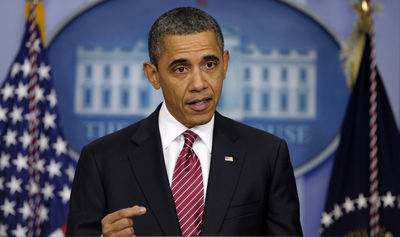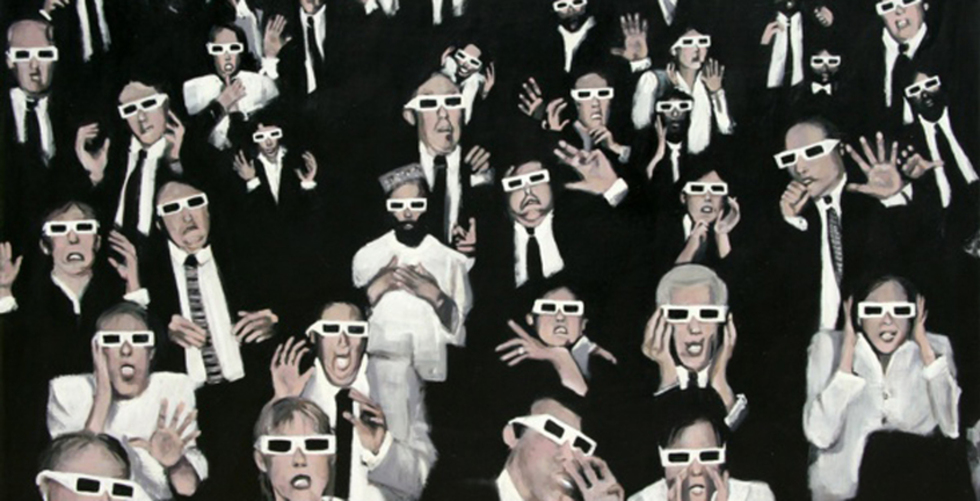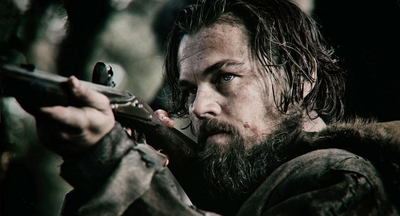
BY BRAD WECHSLER |
What’s the Future of Film? (Now That’s An Open-Ended Question)
Brad Wechsler, Chairman of IMAX Corp., writes about the inevitability of different pricing and availability models for movies in a digital world.

In a word DIGITAL...
Movies are already shot digitally, manipulated digitally (a creative process in and of itself) and, of course, distributed digitally. Digital enabled 3D and digital has helped directors create new visions of new worlds (Avatar) and new visions of old worlds (The 300). Digital is also wreaking havoc with business models, i.e., Netflix already has as many subscribers as Showtime and almost as many as HBO. VOD will emerge as a cost effective substitute for DVD’s. With YouTube, an unknown movie can go viral. It hasn’t happened yet, but it will.

A little primer:
Digital revolutionized (killed?) the music business
Digital revolutionized (killed?) the publishing business
Digital will ???? the movie business
Remember digital and the Internet were sold to us as “the great flatteners”. They take away the middleman and give people unfettered access to information. If people want to hear a song for $1.99 when they want to, let it happen. Don’t have the New York Times “curate” our news, let’s all become our own curators.
Give the public what they want, when they want it, at the price they are willing to pay. It’s the entertainment business analogue to open code software. It’s the future and it’s inevitable.
My business (IMAX) is to show movies in the biggest and best theaters. Do I feel threatened by the fact that people can see the same movie at home? No. Do I feel people should have the right to pay more and see a movie in IMAX or simply say no thanks? Of course.
The Internet (and the digital exchange of information) facilitates dis-intermediation. I can now compare prices of retail products without having to go through middlemen. Information is available and open.
Should this be true of content? Yes.
This doesn’t mean content should be free, but it certainly acknowledges that content will have a different marginal utility (and therefore value) to each user depending on how and when it is seen. The market will determine the value.
Does that frighten me? No. Might this change how content is created? Yes, maybe. Might it change how content is consumed? Yes, absolutely. Is it fundamentally a scary, pessimistic proposition? No, not to me.
What is scary is if the flattening of content distribution becomes similar to what is occurring in information distribution. The Internet, the great enabler, the great flattener, the great dis-intermediator which enables me to “unbundle” the New York Times or a CD is beginning to reduce, not increase, choice.
I recently learned that if two people search the exact same keyword on Google at the exact same time their response pages will look different, i.e., a computer algorithm will attempt to “please” each person given what it knows about the querier. So instead of the New York Times editorial board determining what I read, an algorithm will try to anticipate my likes and dislikes. You haven’t seen it yet but I’d certainly rather have Chris Nolan, Steven Spielberg or Scott Rudin “anticipate” my likes or dislikes rather than an algorithm.
If this implicit content editing infiltrates content creation and content distribution, I find that a scary and intimidating proposition.
Open source and flattening is the right direction but it should never be used to undermine artistry.

